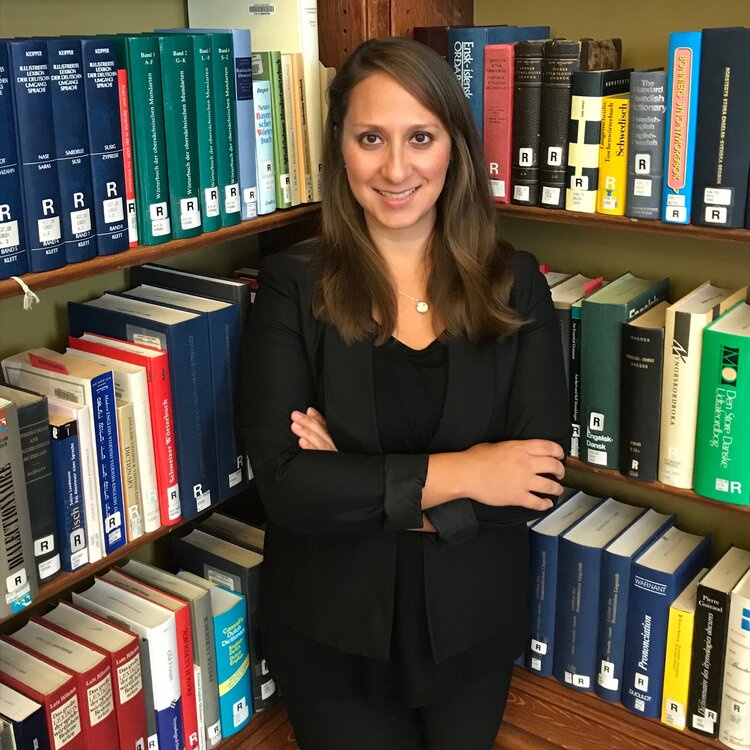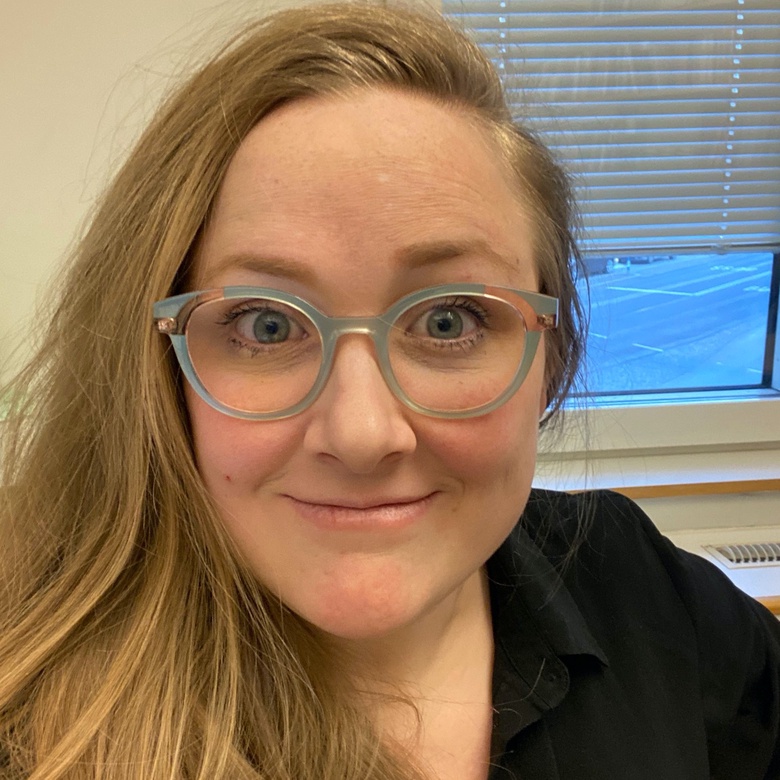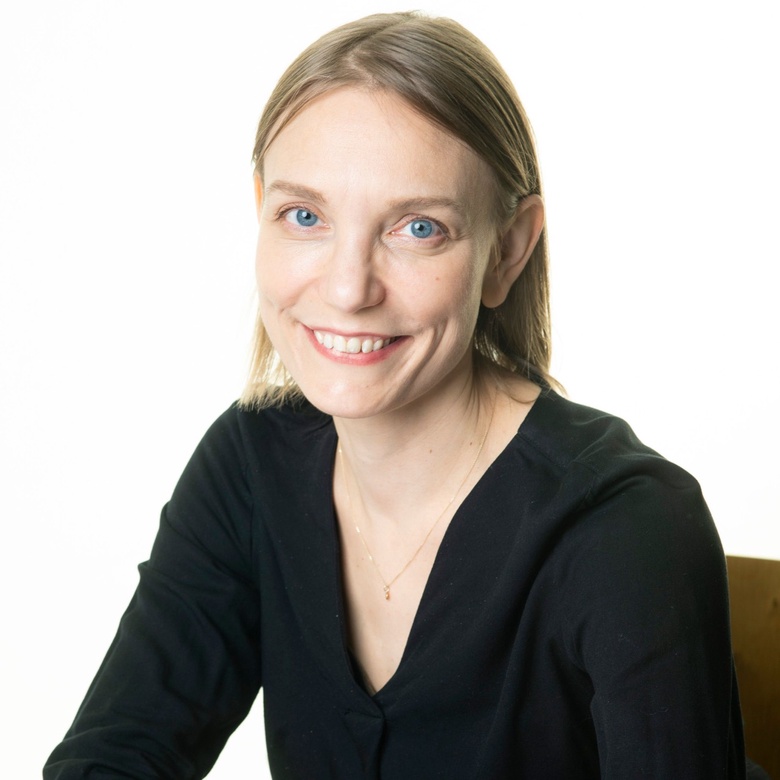 |
Dr Camilla Mørk Røstvik is the PI on this project. She is Lecturer in Modern & Contemporary Art History at Aberdeen. She specialises in 20th and 21st century visual culture, with a longstanding research interest in the history, cultures, and art of menstruation. Her interests include feminist art history and art projects, queer studies, environmental humanities, medical humanities, feminist Science & Technology Studies, and Norwegian/Sámi art histories. |
 |
Lise Ulrik Andreasen is a PhD fellow at the department of Educational Anthropology at Aarhus University in Denmark. Her forthcoming thesis is based on fieldwork in a youth club and at a school and is an exploration of how young menstruating bodies become with menstruation in their everyday lives. Lise has a background in arts, pedagogic and women – and gender studies, and other than menstruation, her interests are the body, feminist philosophy, post qualitative inquiry and art. Lise lives in Copenhagen with her partner and two children. |
 |
Dr. Saniya Lee Ghanoui is Program Director of Our Bodies Ourselves Today at Suffolk University in Boston. She is trained as a cultural historian and digital humanist of U.S. and European history, with a focus on the intersections of gender and sexuality, medicine, and media. Her current book project explores the history of sex education in the U.S. and Sweden. She is Senior Producer for Sexing History, a podcast on how the history of sexuality shapes our present; an Editor for the global blog Notches: (re)marks on the history of sexuality; and a Board Member of the Society for Menstrual Cycle Research. Follow her on Twitter @Saniya1. |
 |
Josefin Persdotter is a PhD candidate at the Department for Sociology and Work-Science, Gothenburg University and is currently writing her thesis on how menstruation is made into a matter of dirt in everyday socio-technological interactions. Empirically Persdotter’s focus in a on concrete menstrual hygeine practices and menstrual hygiene technolgies as well as advice and instructions around them. Thereto, Persdotter is active as a menstrual artist and co-founded Sweden’s leading menstrual advocacy and education organisation MENSEN – forum for menstruation. |
 |
Dr Matleena Frisk is a consumption historian and an Academy of Finland postdoctoral researcher based at the Centre for Consumer Society Research, University of Helsinki. She has a background in Economic and Social History. Her current project concentrates on short lifespan and disposable products and how they changed everyday life in the 20th century. She has also studied disposable menstrual products in her doctoral dissertation (2019). At large, her research has focused on the relationship of consumption, norms, and sociocultural changes. |
 |
Mie Kusk Søndergaard is a PhD fellow at the Research Unit of General Practice, University of Southern Denmark, where she is current researching healthcare seeking for and diagnostic work around gynecological disturbances in Denmark. She holds a MSc in social anthropology from Aarhus University, with a special focus on medical anthropology. Søndergaard has previously researched healthcare seeking for menstrual problems among young Danish women, and diagnostic delay for endometriosis in Denmark. Her research interests cover patient-doctor interactions, gender, class, race and sexuality within biomedical practices, medical semiotics, as well as embodiment within welfare states. |
 |
Tolulope Olayemi Aina is Research Assistant for the project and a current Master of Public Health (MPH) student at University of Aberdeen who also has a bachelor’s degree in Public Health from Babcock University, Ilishan-Remo, Ogun, Nigeria. She has worked via the work placement course required for completion of her MPH program, as a teaching assistant for a Female Genital Mutilation (FGM) course development. Before embarking on her MPH program, she worked as an assistant at a State Tuberculosis and Leprosy Control (STBLCP) in Osun, Nigeria. Tolulope’s interests lie in Epidemiology as well as Maternal and Child Health, but she is open to other areas of Public Health and the health sector in general. |
